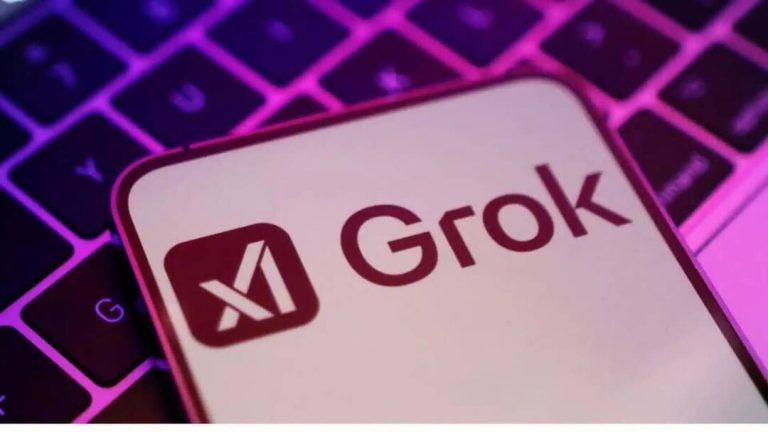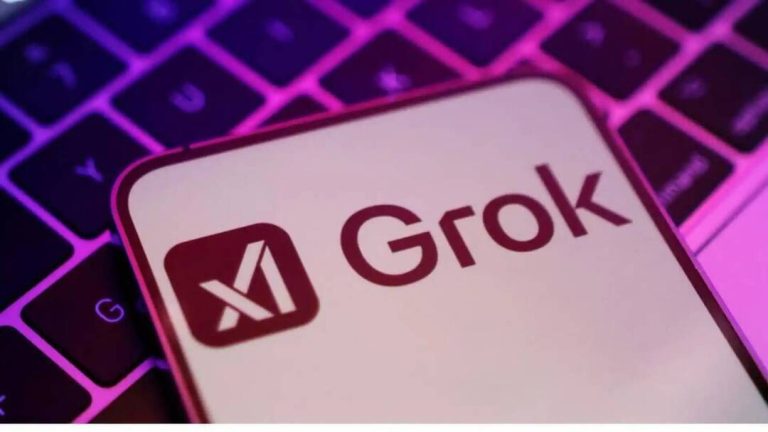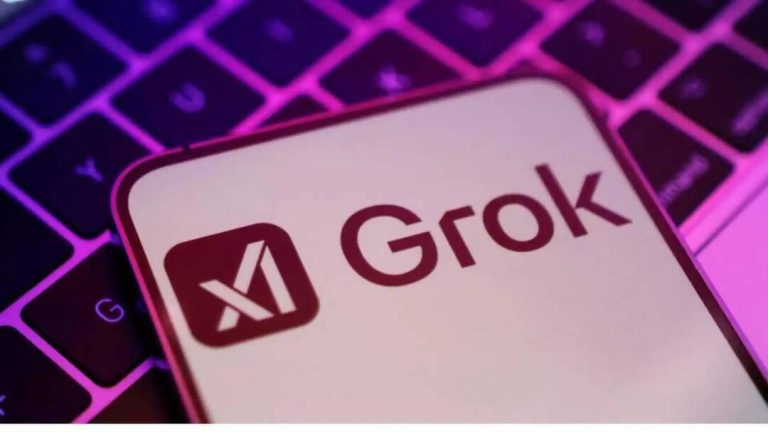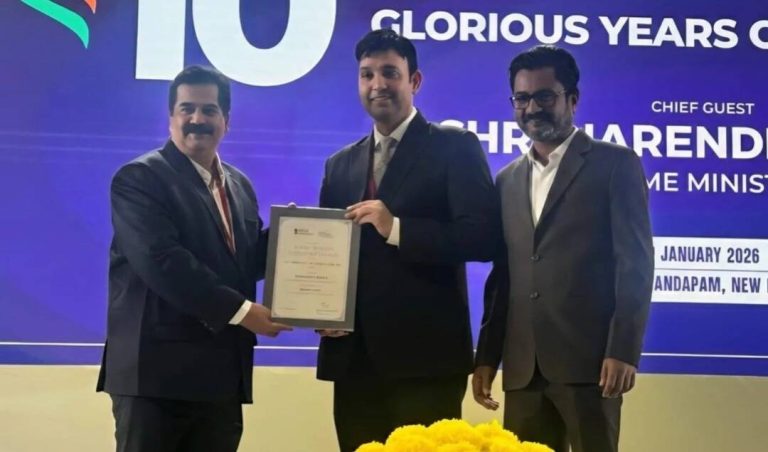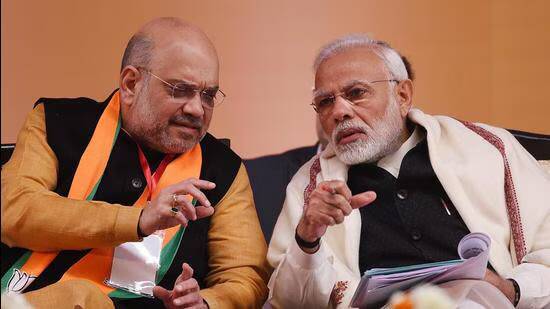
Wales snaps & leaves interview after host asks, ‘You’re Wikipedia’s Founder or Co-Founder?’
The world of online encyclopedias is a complex and often contentious one, with debates raging over issues of accuracy, bias, and ownership. At the heart of this maelstrom is Wikipedia, the online encyclopedia that has become a staple of modern life. Founded in 2001 by Jimmy Wales, Wikipedia has grown to become one of the most widely-used and influential sources of information on the internet. However, the question of who exactly founded Wikipedia has long been a subject of debate, with Wales and his former colleague Larry Sanger both laying claim to the title of co-founder.
Recently, this debate boiled over into a heated exchange between Wales and a podcast host, who dared to ask the Wikipedia founder if he was, in fact, the sole founder of the site or merely a co-founder. The exchange, which was captured on video and has since gone viral, shows Wales becoming visibly agitated and eventually storming out of the interview in less than a minute.
The incident began when Wales introduced himself as the founder of Wikipedia, only to be met with the question, “You’re Wikipedia’s Founder or Co-Founder?” Wales’ response was immediate and intense, as he snapped at the host, “It’s the dumbest question in the world.” The host, seemingly taken aback by Wales’ reaction, attempted to press the issue further, asking Wales to clarify his role in the founding of Wikipedia.
However, Wales was having none of it, and quickly became increasingly agitated. “I am the founder of Wikipedia,” he repeated, his voice rising in indignation. “I’m the one who came up with the idea, I’m the one who started the project, and I’m the one who has been running it for all these years.” When the host continued to press him on the issue, Wales finally lost his patience and stood up, declaring, “I’m out of here,” before storming out of the interview.
The incident has sparked a lively debate over the role of Larry Sanger, who is often credited with co-founding Wikipedia alongside Wales. Sanger, who was a key figure in the development of Wikipedia in its early days, has long claimed to have played a crucial role in the site’s founding and growth. However, Wales has consistently pushed back against this narrative, downplaying Sanger’s contributions and emphasizing his own role as the sole founder of the site.
While the exact nature of Sanger’s contributions to Wikipedia may be a matter of debate, it is clear that he was an important figure in the site’s early days. Sanger, who was hired by Wales in 2001 to help develop the site, was responsible for many of the key decisions that shaped Wikipedia’s early growth and development. He was also a key proponent of the site’s open-source ethos, and played a crucial role in shaping the community of editors and contributors that has come to define Wikipedia.
Despite this, Wales has consistently sought to minimize Sanger’s role in the founding of Wikipedia. In a 2013 interview with the Guardian, Wales downplayed Sanger’s contributions, stating that he had “no significant role” in the site’s development. This narrative has been disputed by Sanger, who has argued that he played a crucial role in shaping the site’s early growth and development.
The debate over who founded Wikipedia may seem like a trivial matter, but it speaks to a deeper issue about the nature of ownership and control in the online world. As the internet continues to evolve and shape our lives in new and profound ways, questions about who owns and controls online platforms and communities are becoming increasingly important. The incident between Wales and the podcast host may have been a minor skirmish in a larger war, but it highlights the ongoing tensions and debates that are shaping the online world.
In conclusion, the incident between Jimmy Wales and the podcast host is a reminder that the world of online encyclopedias is complex and often contentious. While Wales may have been justified in his frustration at being asked about his role as founder or co-founder, his reaction highlights the ongoing tensions and debates that are shaping the online world. As we continue to navigate the complexities of the internet and the communities that shape it, it is clear that questions about ownership, control, and authorship will only continue to grow in importance.
